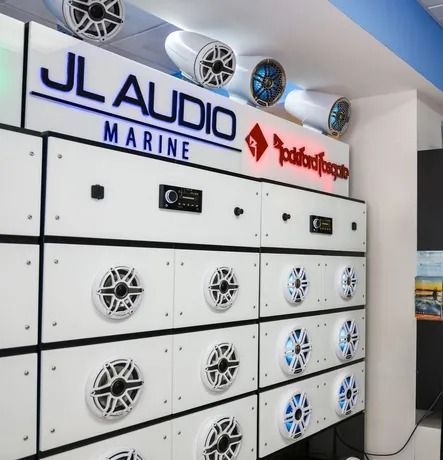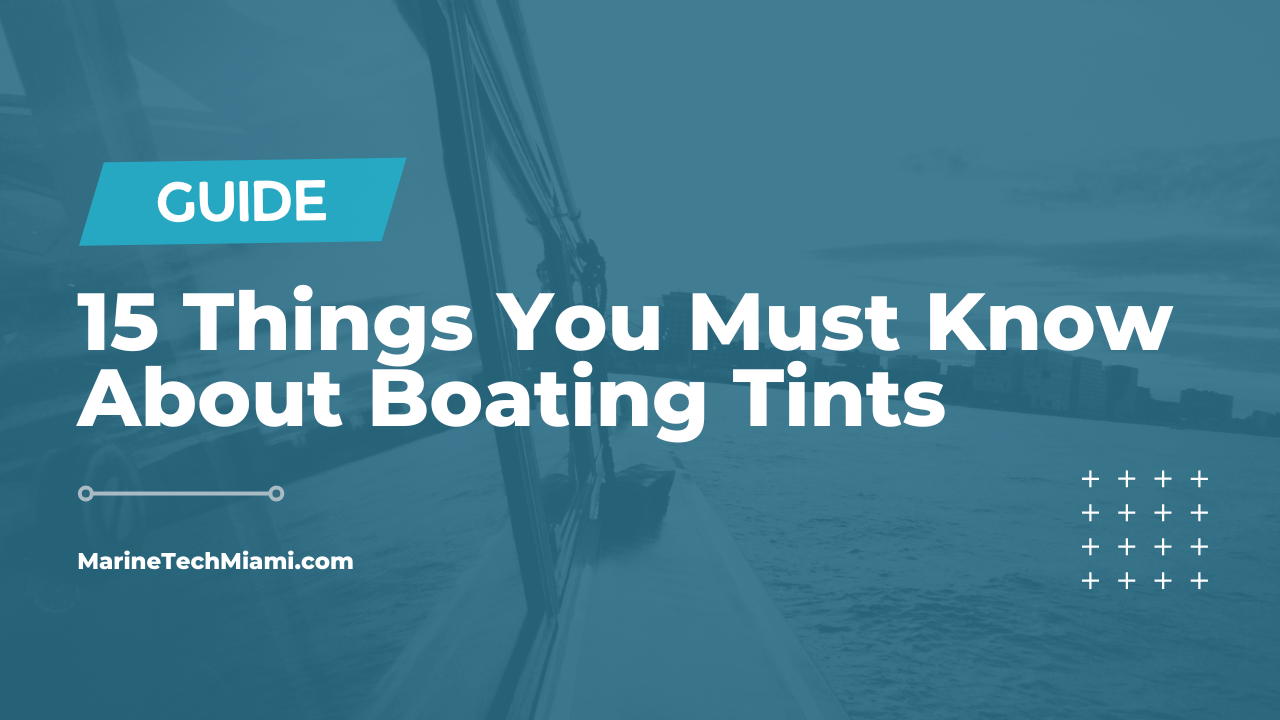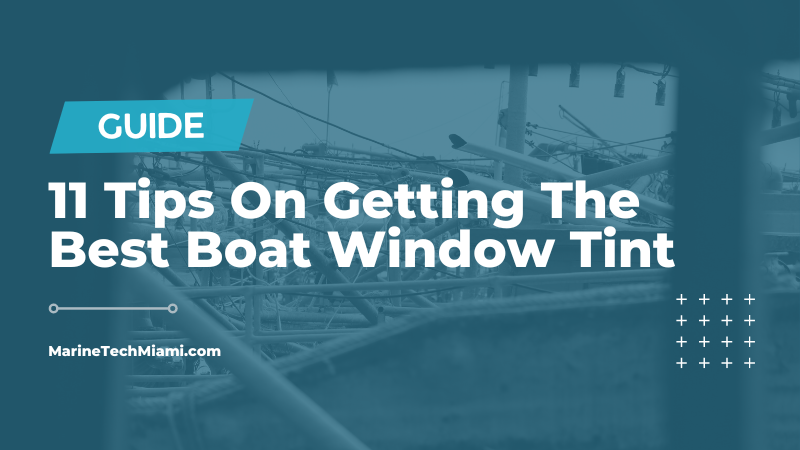How To Choose The Right Marine Electronics Installer? (2023)
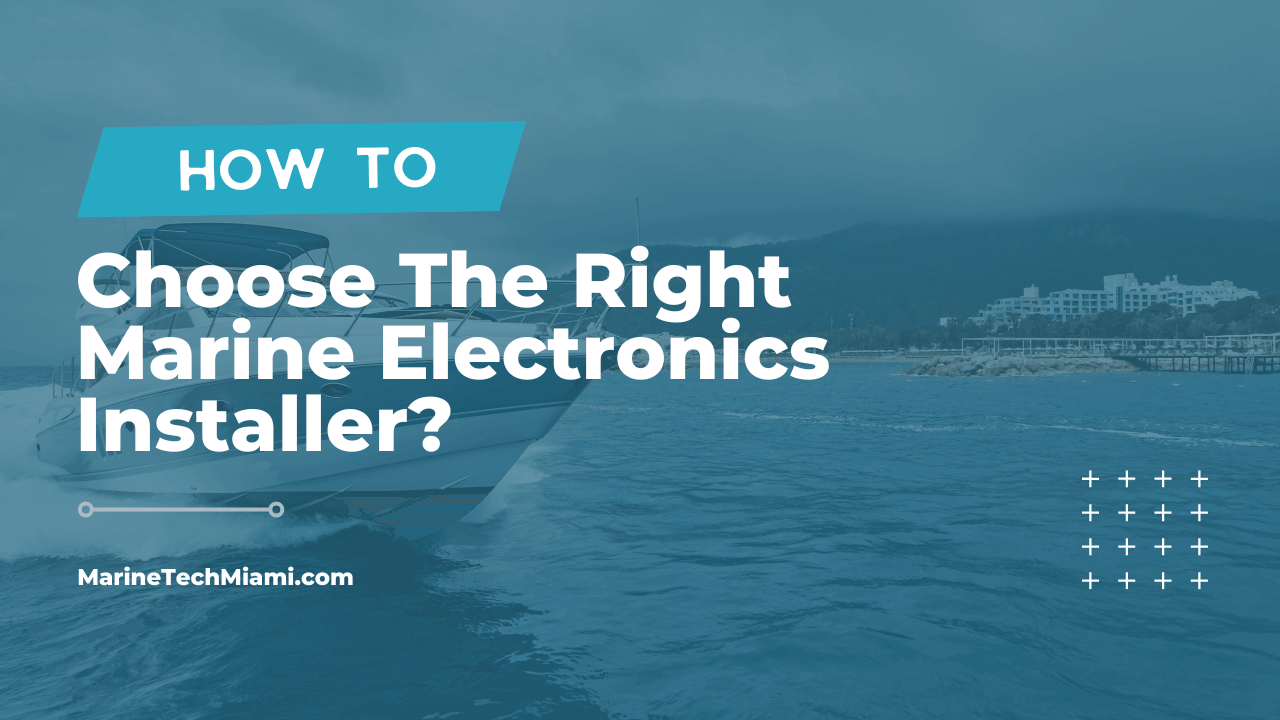
The rapid advancement of marine electronics has revolutionized the boating experience, making it safer, more enjoyable, and more efficient.
With these improvements, however, comes the need for skilled and experienced professionals to install and maintain these systems.
Choosing the right marine electronics installer is crucial to ensure that your investment is protected and performs at its best.
In this guide, we'll discuss the key factors to consider when selecting a marine electronics installer, and how to make the best choice for your vessel and needs.
1. Experience and Expertise
One of the most important factors to consider when choosing a marine electronics installer is their experience and expertise in the field.
A skilled installer will have a deep understanding of various systems and equipment, as well as the ability to troubleshoot and resolve any issues that may arise during installation.
When researching potential installers, ask about their years of experience, number of installations completed, and any certifications or training they have received.
2. Specialization
Marine electronics can be categorized into several different areas, such as navigation, communication, entertainment, and safety systems.
Depending on your specific needs, it's important to find an installer who specializes in the type of system you require.
A specialist will have more in-depth knowledge and experience in their area of expertise, ensuring a smoother installation process and better overall performance of the installed system.
3. Reputation and Reviews
A good reputation is a strong indicator of an installer's reliability, professionalism, and skill level.
Look for online reviews and testimonials from previous clients to gauge their satisfaction with the installer's work.
Additionally, ask for references from past clients who had similar installations completed.
This will give you a better understanding of the installer's ability to handle your specific needs and requirements.
4. Compatibility with Your Vessel
Every boat is unique, and the marine electronics installation will need to be customized to fit your vessel's specific layout and design.
It's important to choose an installer who is familiar with your boat's make and model, as well as any unique features or challenges it may present.
This ensures that the installation will be seamless and tailored to your vessel's needs.
5. Quality of Equipment
A marine electronics installation is only as good as the equipment used.
Ensure that your installer uses high-quality products from reputable manufacturers, and that they are knowledgeable about the latest technologies and advancements in the field.
This will ensure that your investment will stand the test of time and provide you with the best possible performance.
6. Warranty and Support
Even the best marine electronics installations can encounter issues down the line.
Choose an installer who offers a warranty on both their workmanship and the equipment they use.
Additionally, inquire about their after-sales support and availability to troubleshoot any issues that may arise after the installation is complete.
This will give you peace of mind knowing that you have a reliable partner to turn to if any problems occur.
7. Cost and Value
While cost is always a consideration, it's important not to base your decision solely on price.
A cheaper installer may not provide the same level of expertise or use the same quality of equipment as a more expensive one.
Instead, focus on the overall value of the installation – a balance between cost, quality, and service.
Request detailed quotes from multiple installers, and weigh the pros and cons of each before making a decision.
How to know if a marine electronics installer is certified or accredited?
To determine if an installer is certified or accredited, you can ask them about their professional certifications, such as those from the National Marine Electronics Association (NMEA) or the American Boat and Yacht Council (ABYC).
You can also check their website or online profiles for any badges or mentions of these certifications.
A certified installer is more likely to be knowledgeable and provide a higher quality of service.
Can you install marine electronics yourself or do you need a professional?
While it is possible for some experienced DIY enthusiasts to install marine electronics, it is generally recommended to hire a professional installer.
Marine electronics installations can be complex and require specialized knowledge and tools to ensure optimal performance and safety.
A professional installer will be able to customize the installation to your specific vessel and needs, as well as provide after-sales support and warranty coverage.
How long does a marine electronics installation typically take?
The duration of a marine electronics installation can vary depending on the complexity of the systems being installed and the size of your vessel.
Simple installations, such as a single GPS unit or VHF radio, may only take a few hours, while more complex installations, like a full navigation and communication suite, could take several days or more.
Your installer should be able to provide you with an estimated timeline during the quoting process.
Will installing marine electronics affect your boat's warranty?
In most cases, installing marine electronics should not affect your boat's warranty, as long as the installation is done professionally and in accordance with the manufacturer's guidelines.
It is always a good idea to consult your boat's warranty documentation and contact the manufacturer if you have any concerns.
Additionally, choosing an installer who is familiar with your boat's make and model can minimize any potential warranty issues.
How often should you have my marine electronics serviced or updated?
The frequency of servicing or updating your marine electronics depends on the specific systems installed and their manufacturer's recommendations.
Generally, it's a good idea to have your electronics inspected annually by a professional installer, who can ensure that all components are functioning properly and perform any necessary software updates.
Additionally, staying informed about new advancements and technologies in the marine electronics field can help you determine when it might be time for an upgrade or update.
Conclusion
Choosing the right marine electronics installer is critical to ensuring the optimal performance, reliability, and longevity of your investment.
By considering factors such as experience, specialization, reputation, vessel compatibility, equipment quality, warranty, and cost, you can make an informed decision and find the perfect installer for your needs.
With the right professional by your side, you can enjoy the many benefits that modern marine electronics have to offer, and sail with confidence knowing that your vessel is equipped with the best technology on the market.
Contact Us
Contact Us
We will get back to you as soon as possible.
Please try again later.
Recent Posts
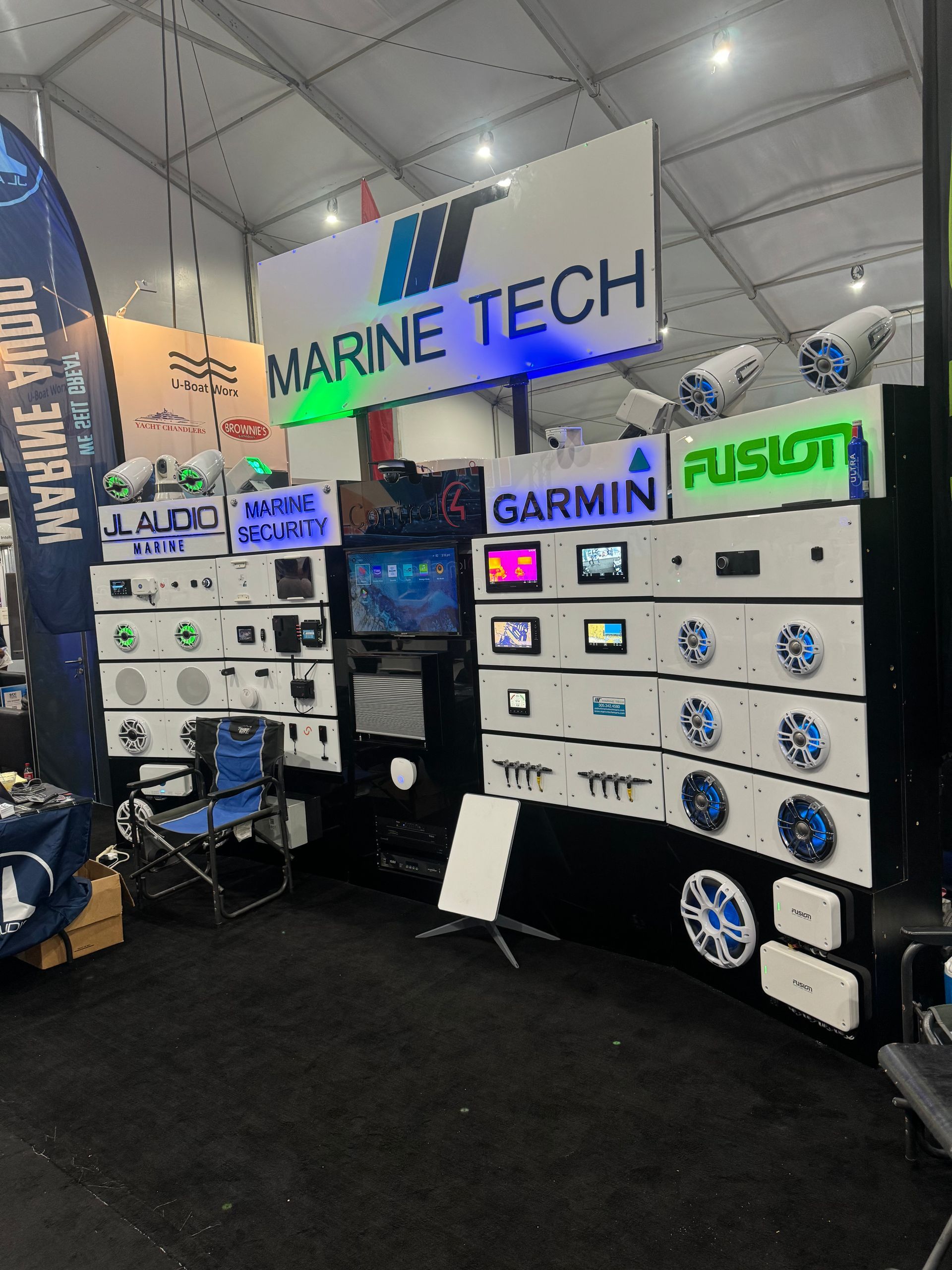
CONTACT US
Looking to upgrade your marine electronics?
With more than 25 years of experience, we can help you get started today!
Contact Us In Page
We will get back to you as soon as possible.
Please try again later.
CONTACT US
Address: Marine Tech Miami. 3611 West Flagler St, Miami, Fl 33135.
E-mail: sales@marinetechmiami.com

